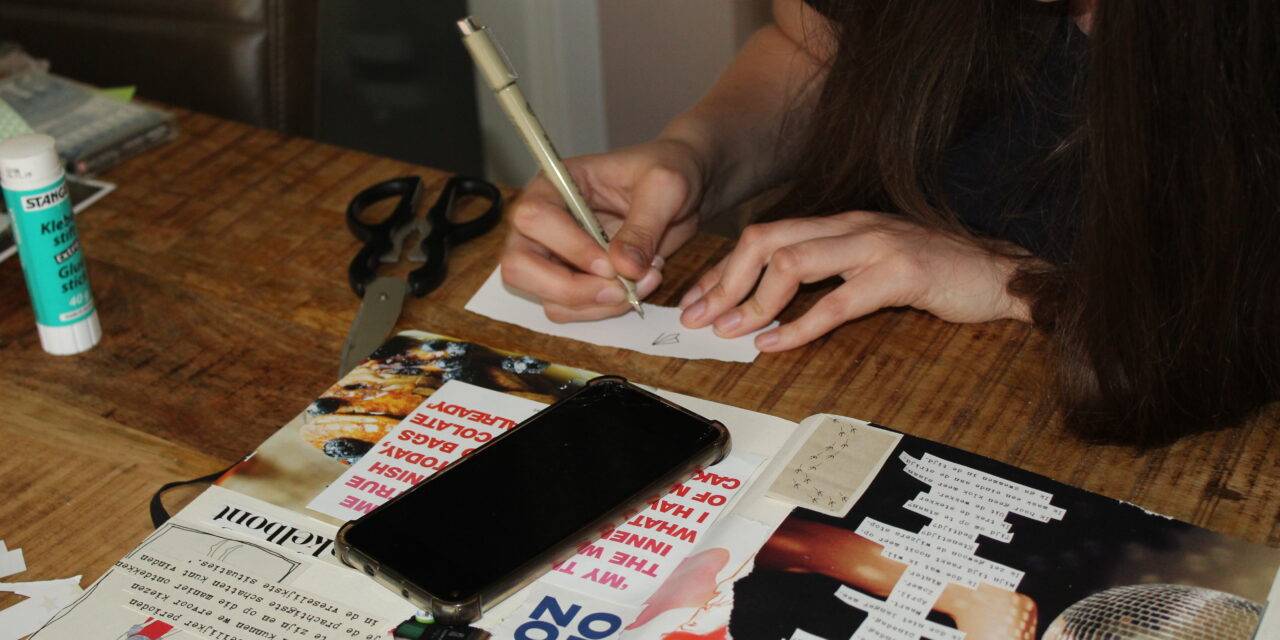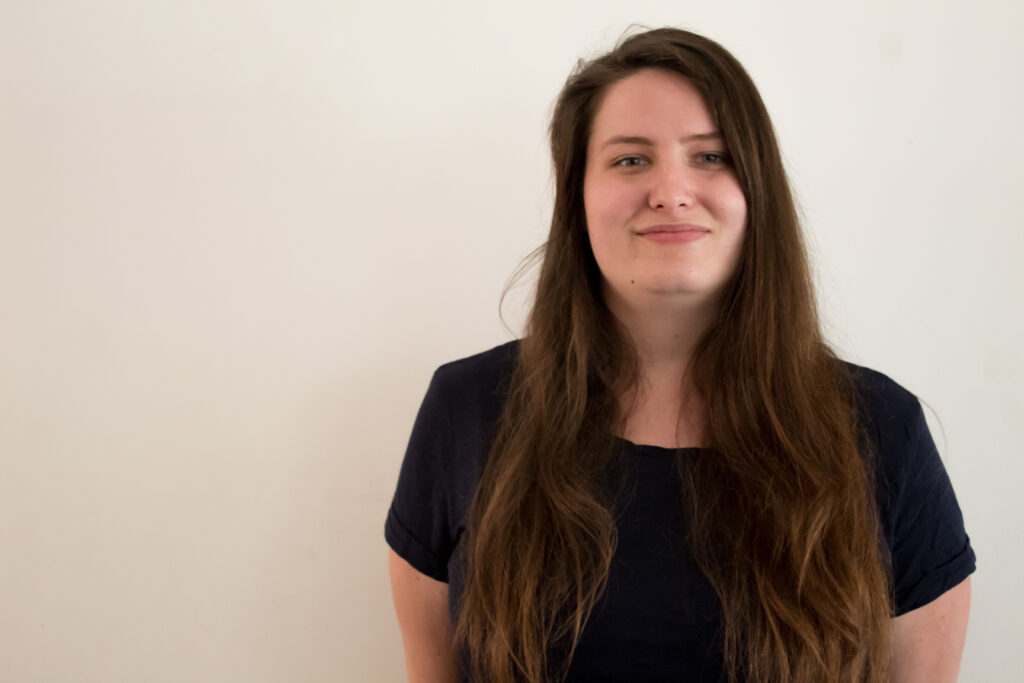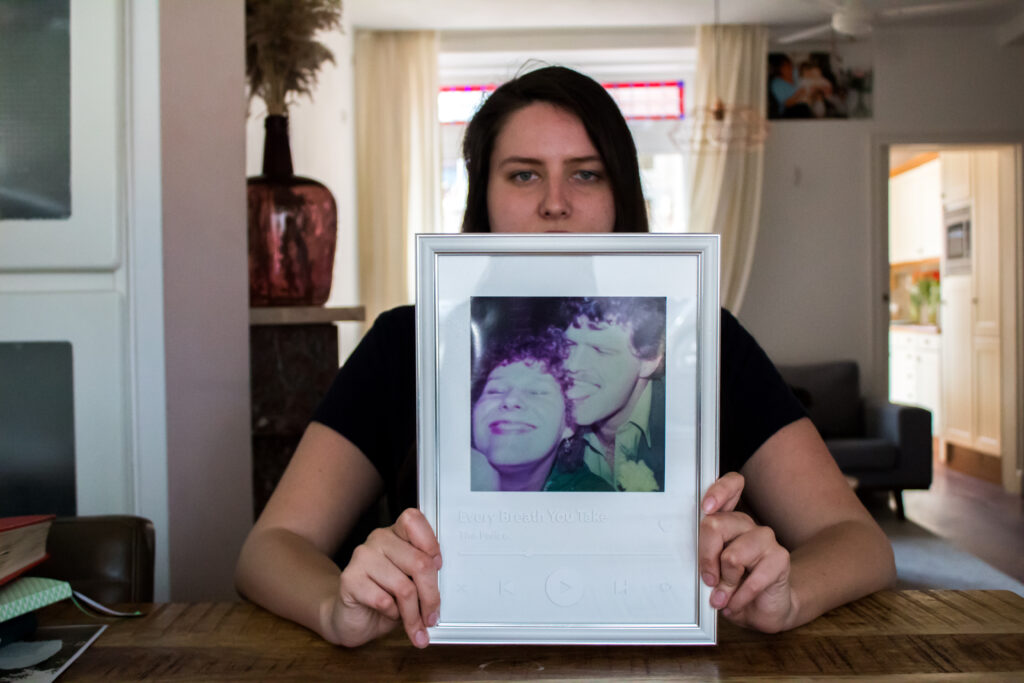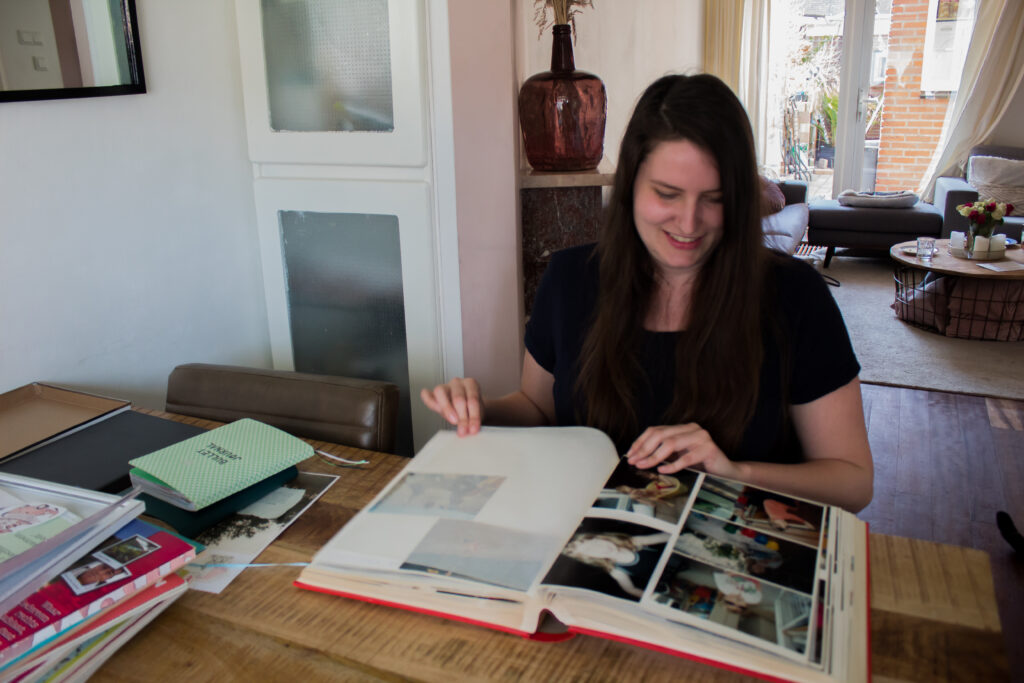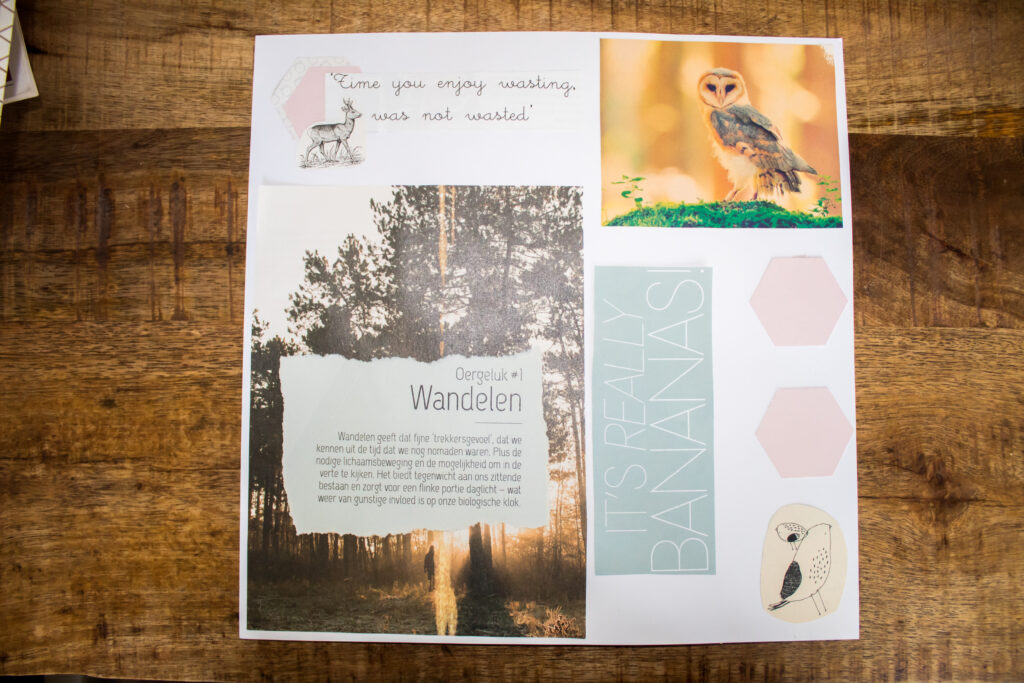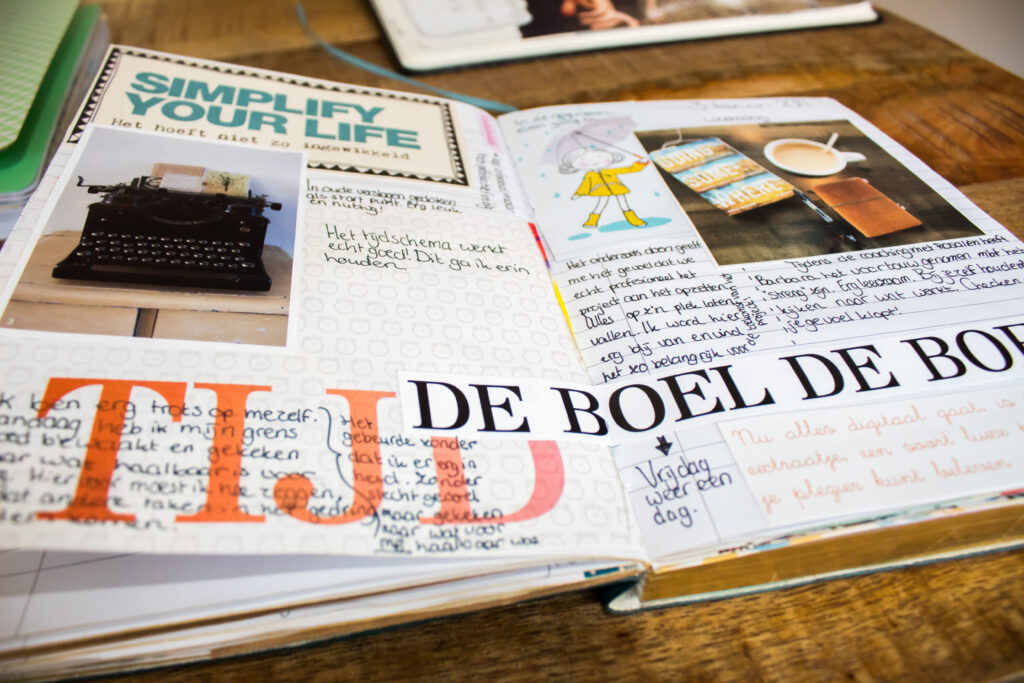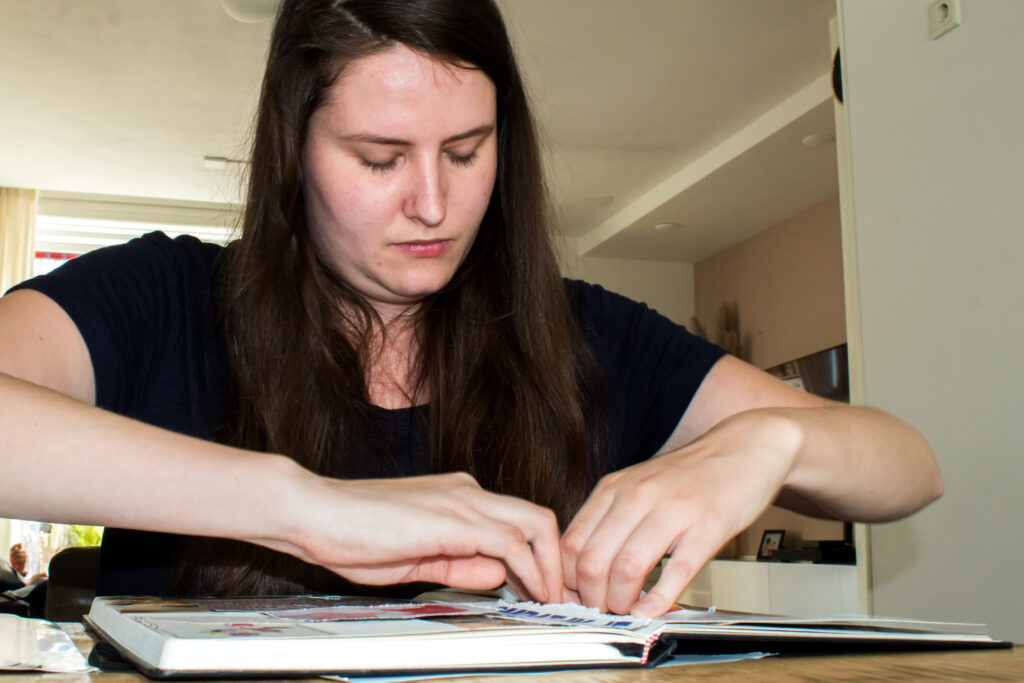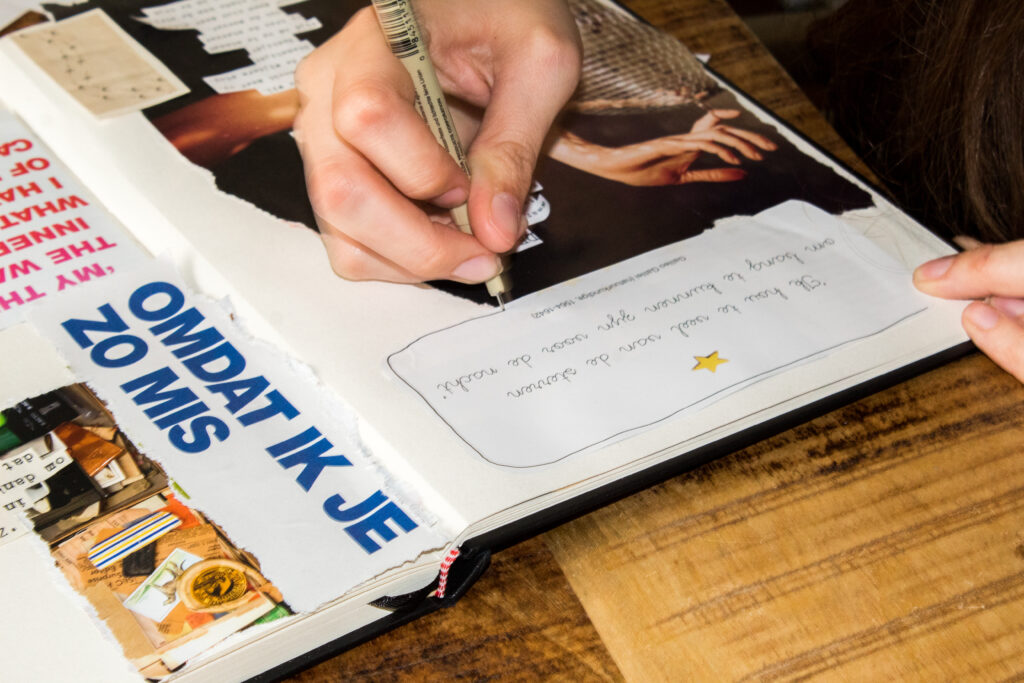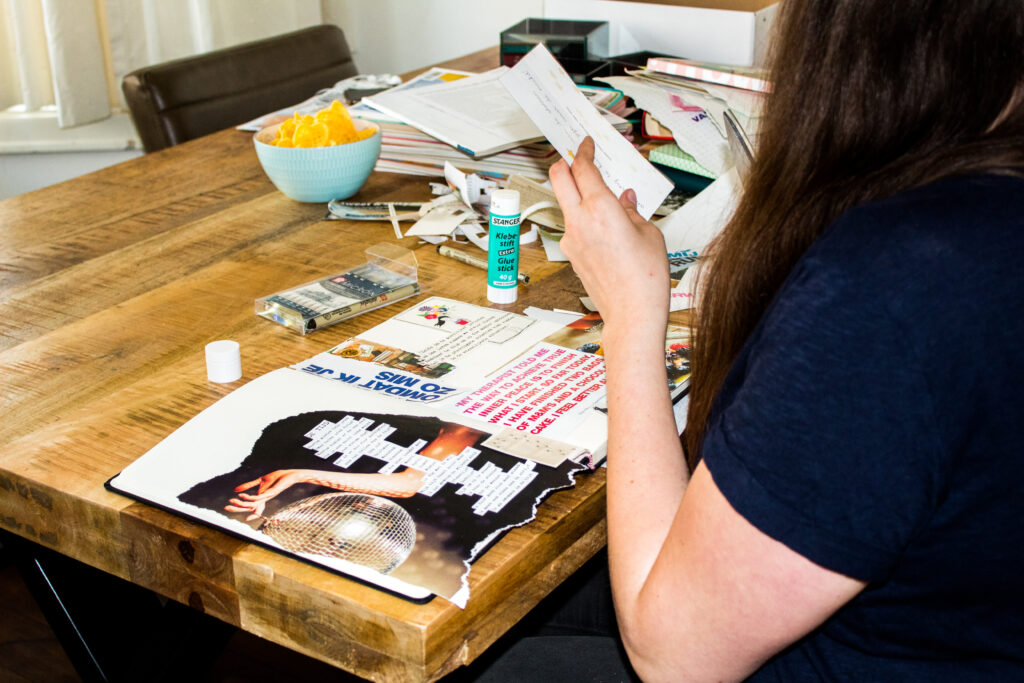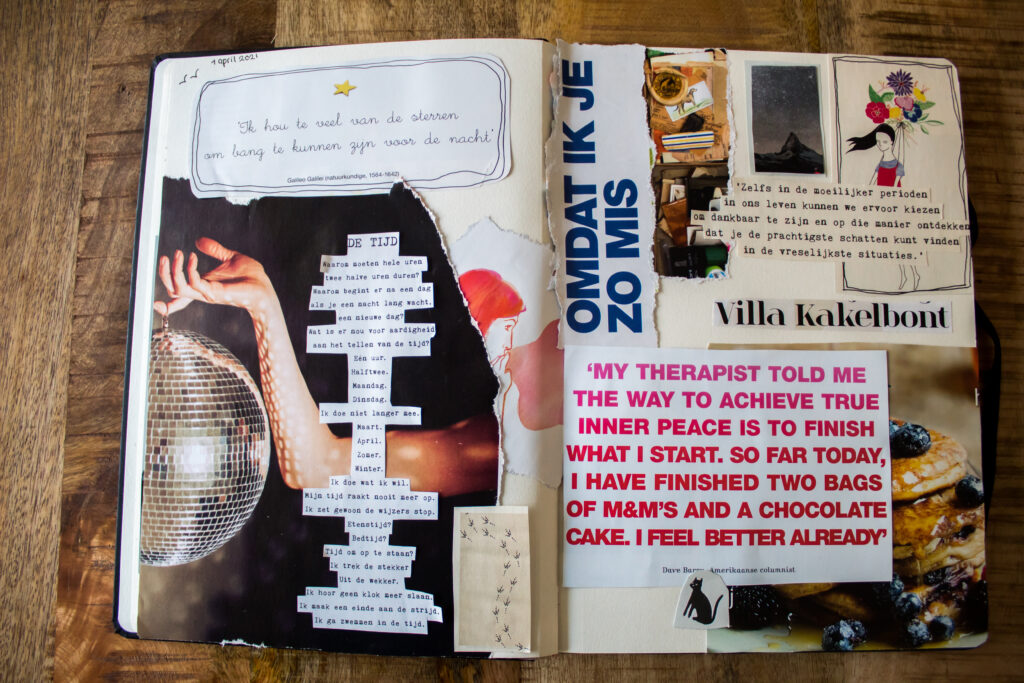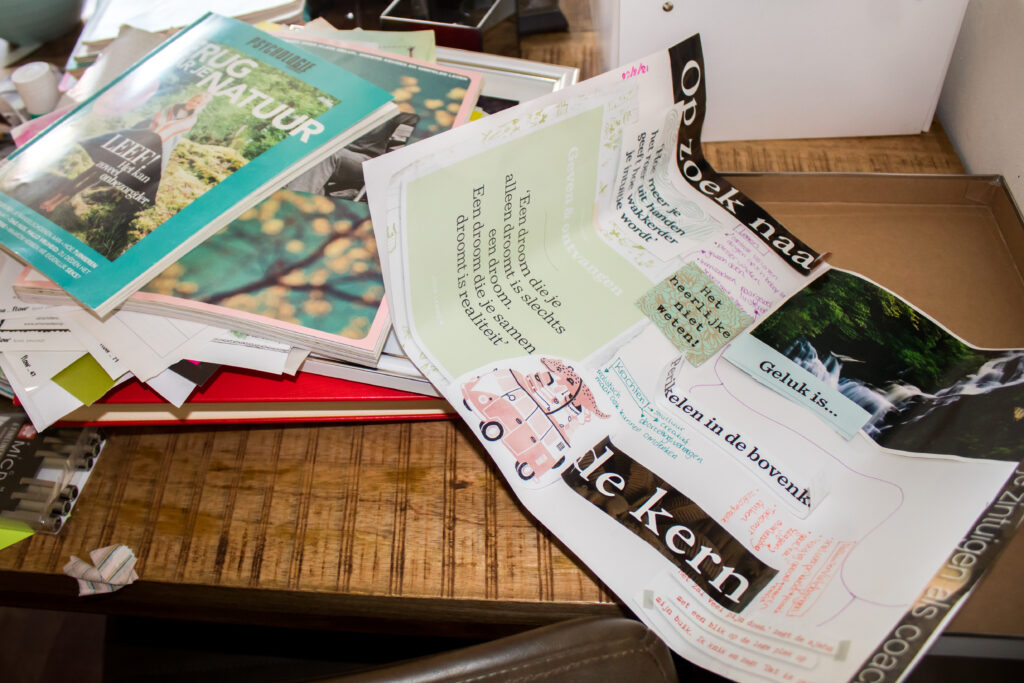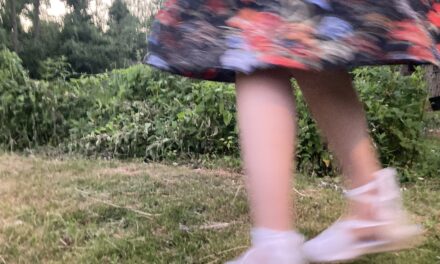26th of November 2019: The worst day of my life. My dad passed away after he had been sick for roughly seven months. I was 20 and in the prime of my life. Grief took over. I have found ways to deal with this. Reading books, talking with people and by doing. Especially undertaking projects proved to be successful. Making a book for a school assignment, starting a foundation in my father’s name, going for a run. Those are my ways to deal with the loss.
“There’s no perfect way to grieve.”, says loss and grief expert Riet Fiddelaers-Jaspers. I spoke with her about the grieving process, about how people cope with their loss. “Grief is kind of a fingerprint. Everybody grieves when they lose someone loved but everybody copes with it in their own way. You have to find your way to process what happened.” She continues talking about the dual process theory. “Imagine two islands. You have a rowboat and you keep rowing between those two islands. On one island, you are busy with what’s happening inside of yourself. Sadness, anger, missing someone, despair, loneliness and so on. You get in touch with the things on that island. On the other island, you find distraction. Studying, having fun with friends, sporting. You need to think about what island you’re most comfortable on, but try to bring balance to your life on those islands by alternating between them.” There’s also something called Caring and Daring. “You need to do the caring, taking care of people, supporting, but also make sure people step up a gear, dare to say “Come on, you got to do something”. There has to be a balance in both, you don’t need to keep pampering people.”
Everybody copes with loss in their own way. “When an active person loses someone, they could do something active, like running. Being active can be done in two ways: finding distraction to run from your grief or to get happier.” Riet also sees that young adults grieve differently than younger or older people. “Young adults tend to find distraction with friends. They have one or two people with whom they can share anything and won’t judge. The other friends are mostly to laugh with, to go out with.” The most important way to grieve is to find balance in everything.
Trends are everywhere. Even in when losing someone you loved. “What you see a lot these days, is that young people tend to create more things like books and movies. I’m on the board of a fund for projects about grief. There have been loads of applications of young adults in the last two years.” Some of the books have turned out to be really successful. “But also a lot of movies. Documentaries, dance movies. Young adults take matters into their own hands and try to reach out to each other. It’s not weird that this is a trend, as we can do a lot more technically. That’s really a development in the field.” Something else that has been going on, is grieving in games. “When someone dies in a game community, people often organize a farewell for whoever passed away.” There are plenty of creative ways to deal with the loss of a loved one.
Riet said that dealing with loss can be done in all kinds of different ways and everybody should find which way fits them best. Young adults have been trying more creative ways in the past years, as she mentioned. After my dad passed away, I used creativity when making my book and that helped me to process. But I also met up with Pauline, who started making creative collages when both of her parents passed away.
- Losing one parent is very hard. Losing both parents is even harder. Pauline knows everything about this.
- “Both of my parents passed away shortly after each other. My father got sick in 2017 and passed away in 2020. Meanwhile, my mom got sick in 2018 and passed away in the beginning of 2019.”
- “I am now living with my sister in the same home we grew up in. We’re lucky that we can afford to stay here.”
- To cope with her loss, Pauline uses creativity. “I cut things out of magazines and make a kind of collage. It reflects how I feel and what I think.”
- Her creative mind can be seen everywhere, even in the log she has to keep for school.
- “Before my father got sick, my mom also got sick but she recovered. But I noticed that I didn’t really have a puberty: everything was focused on my mom being sick. That’s something I still struggle with sometimes.”
- “I don’t always feel like going out. I need to have time for myself. That’s why I like doing things like this so much. It’s a bit of me-time.”
- “There are still a lot of things I’m struggling with. I feel like I haven’t totally processed what has happened. There went a lot of things wrong with my dad and we’re still working on getting that right.”
- She is currently working on a new creation with two pages telling a different story, while still being connected. “This is the positive side. The other page is the negative side. See how I put a black cat on the positive side?”
- “I’m glad you get me,” she says. It was nice that we both could share our stories again. Talking helps.
